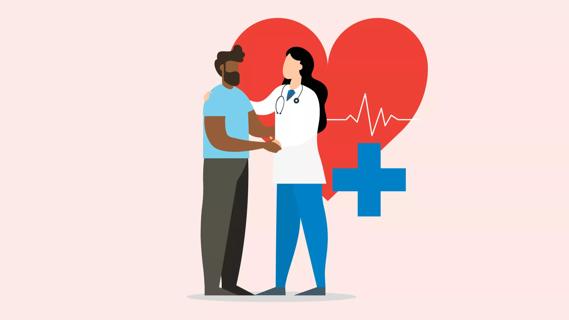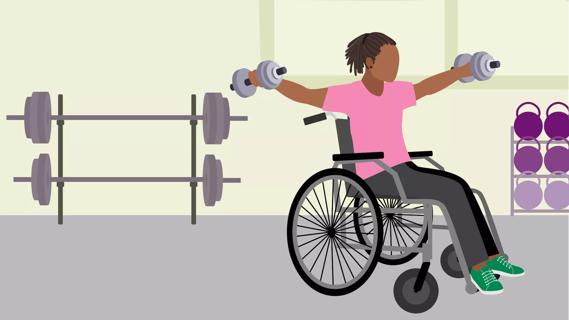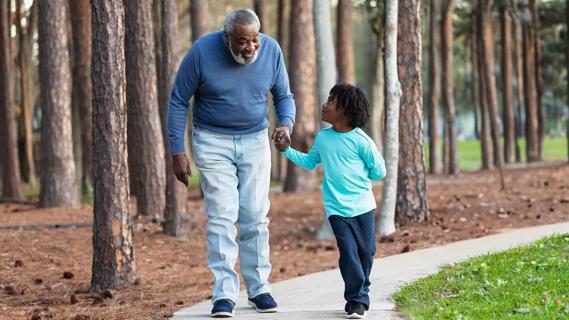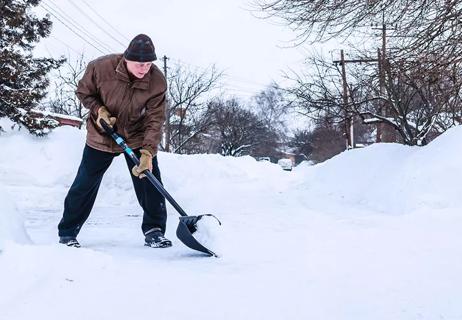It’s important to know the risks of taking medications

Allergies coming on? Pain got you down? Before taking any medication to remedy the situation, always read the label, follow directions and consider the side effects.
Advertisement
Cleveland Clinic is a non-profit academic medical center. Advertising on our site helps support our mission. We do not endorse non-Cleveland Clinic products or services. Policy
For people with heart issues, it’s especially important to know the risks of taking certain medications. If you’re a heart patient, be sure to discuss all medication and supplement choices with your cardiologist first.
Here are four common medication categories that you should know about.
There are two main types of OTC pain relievers: acetaminophen (like Tylenol®) and nonsteroidal anti-inflammatory drugs (NSAIDs). Examples of NSAIDs include ibuprofen (Advil®, Motrin®) and naproxen sodium (Aleve®).
Researchers have studied the effect of NSAIDs on people’s hearts, particularly their blood pressure and risk for heart attack and stroke.
A Cleveland Clinic study found that prescription doses of widely used pain-relieving drugs demonstrated no greater heart risk for celecoxib (Celebrex®) than naproxen (Naprosyn®) or ibuprofen (Motrin®).
If you take prescription drugs to treat your high blood pressure or have heart disease, be sure to ask your doctor about the OTC pain medication that is best for you.
Many OTC cold, flu and allergy medications include decongestants, which can cause a rise in blood pressure and/or interfere with the effectiveness of some prescriptions.
However, nasal sprays and oral medications don’t pose the same risks. A nasal spray is a safer choice if you have high blood pressure or you’re taking high blood pressure or heart medications.
Advertisement
Also, be aware that cold and sinus medications may contain combinations of NSAIDS and decongestants.
Azithromycin is an antibiotic that is commonly used to treat bacterial infections. It is sold under the name of Zithromax® and Zmax® and is commonly called a Z-Pak®.
Research found that in rare cases, azithromycin may cause changes in the electrical system of the heart, which can lead to arrhythmia or a rapid heartbeat. Other antibiotics in the same class as azithromycin, called macrolide antibiotics, have similar side effects.
However, it’s important to note that these side effects are extremely rare.
If your doctor prescribes antibiotics, any possible side effects should be noted. But they shouldn’t stop you from receiving needed treatment. Be sure to discuss any concerns about macrolide antibiotics with your cardiologist.
While herbal supplements may seem natural and therefore harmless, think again. Unlike conventional medications, herbal supplements do not undergo rigorous scientific study or approval by the Food and Drug Administration (FDA), and serious, even fatal, interactions have been reported between cardiac medicines and some supplements.
Some herbs may even cause heart and vascular problems. They can affect your blood pressure and heart rate whether or not you’re taking any heart medications. So, you should always talk to your doctor before taking an herbal supplement.
What to do before taking a new medication or supplement:
By: Steven Nissen, MD
Advertisement
Learn more about our editorial process.
Advertisement

Having underweight, having overweight and having obesity can be dangerous for your heart

Resolve to move a little more, drink a little less, eat a little healthier, sleep a little better and destress a lot

Avoid smoking, eat a good diet and exercise to prevent your heart from aging prematurely

Enjoy the holidays while keeping your heart healthy

This simple burst of hard work can put some of us at risk for heart attack

The short answer from an interventional cardiologist

Diet, exercise and sleep all critical to heart health

Type 2 diabetes isn’t inevitable with these dietary changes

Applying a hot or cold compress can help with pain